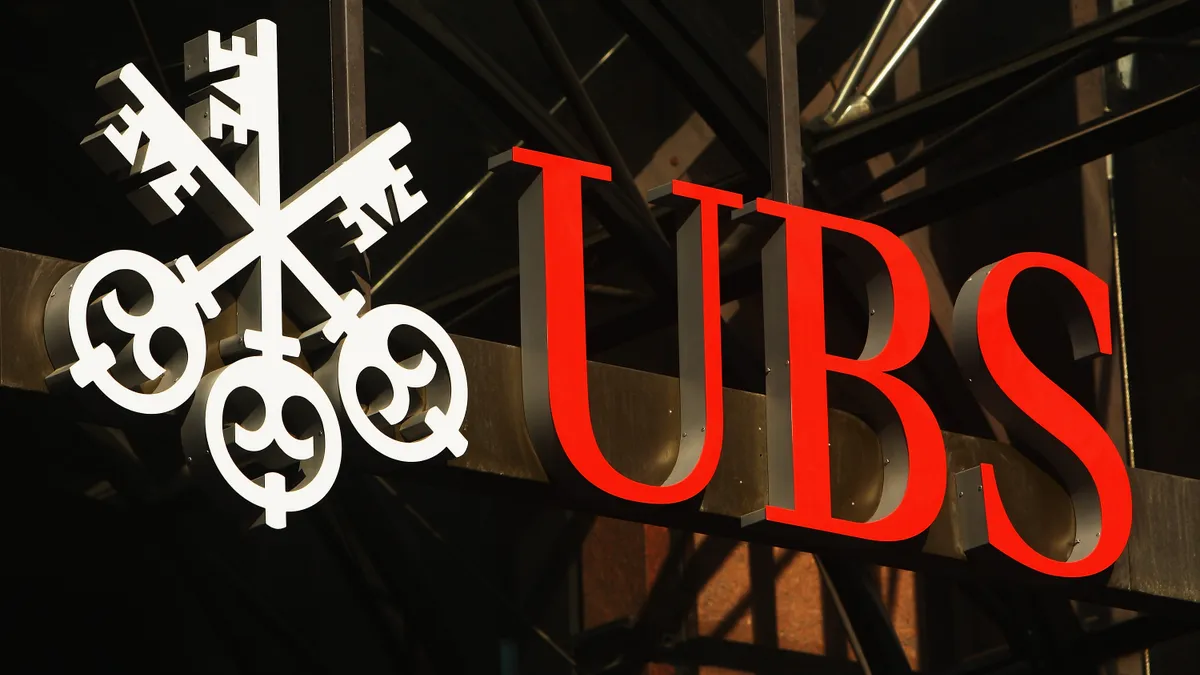UBS’s wealth-management business attracted $28 billion of net new money in 2023’s first quarter — and $7 billion of that amount came in the last 10 days of March, after the government-orchestrated acquisition of Credit Suisse was announced, UBS said Tuesday in an earnings report.
The lender’s asset-management business also drew in $14 billion during the quarter, while net new fee-generating assets grew by $8 billion in its Swiss arm.
“Our solid underlying performance and strong inflows this quarter demonstrate that we continue to be a source of stability for our clients during periods of significant uncertainty,” UBS CEO Sergio Ermotti said Tuesday. “Our balance sheet for all seasons and a diversified and capital-generative business model allowed us to be part of the solution in a critical moment for the Swiss and global financial systems.”
Ermotti returned to the bank’s helm last month amid the integration of its rival.
UBS’s earnings report came a day after Credit Suisse reported around $68 billion of outflows during the quarter as wealthy clients continued to pull out of the stricken bank and flock to greener pastures.
Credit Suisse credited its customer exodus led to the intervention of the government and Finma, the Swiss regulator, who arranged for the $3.25 billion deal with UBS.
Some UBS executives say the deal is full of risk since Credit Suisse was in the process of laying off roughly 9,000 employees and is involved in some lines of business that UBS is not interested in , according to The Wall Street Journal.
UBS said it expects to complete the acquisition in the second quarter with a focus on advancing its strategy in global wealth management and in its home market of Switzerland.
“With this transaction, we expect to reinforce our position as a leading and truly global wealth manager with strategic scale and complementary capabilities in the most attractive growth markets,” Ermotti said in a statement. “I am convinced that this transaction will help to reinforce the leading position of the Swiss financial center and will be of benefit to the entire economy.”
UBS said it spent $70 million on advisory fees associated with the deal. Ermotti, however, assured the acquisition received approval from Swiss authorities, the Federal Reserve and the U.K.’s Prudential Regulation Authority, the Financial Times reported.
UBS reported $1 billion in net profit — down 52% from the same period last year. The bank increased its provision by $665 million for matters related to U.S. residential mortgage-backed securities litigation.
Ermotti said the bank was in advanced discussions with the Department of Justice and is progressing toward resolving the 15-year-old matter.
UBS said it will file paperwork with the Securities and Exchange Commission in May on the Credit Suisse tie-up, and report consolidated earnings for the second quarter if the transaction is completed by then.
The bank repurchased $1.3 billion in shares under a program that has been temporarily halted following the acquisition, UBS said.
Thomas Hallet, an analyst at Keefe, Bruyette & Woods, described the bank’s earnings results as “lackluster,” according to the Financial Times.
“Overall, the bar was set low into earnings and yet results still managed to disappoint,” Hallet said.













